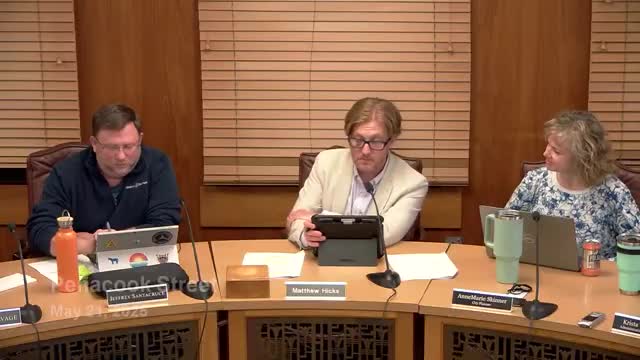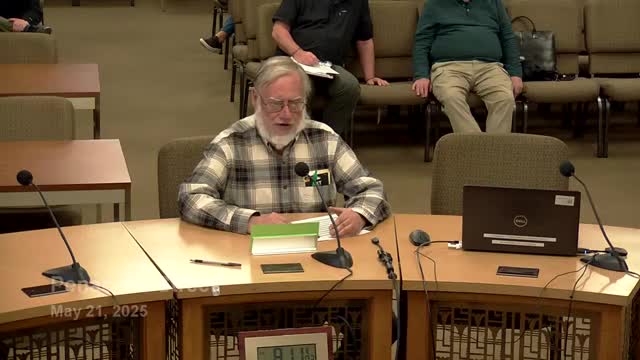Article not found
This article is no longer available. But don't worry—we've gathered other articles that discuss the same topic.

Planning board grants driveway‑separation exception for Penacook Street lot; neighbors press for stabilization and single‑house limit

Planning board approves Marshalls amendment at Interchange Drive; adds loading dock, requires pedestrian connection

Planning board approves 5 MW solar array on capped landfill at Old Turnpike Road

Planning Board approves LeClair Shaker Road plan with wetland-buffer waivers

